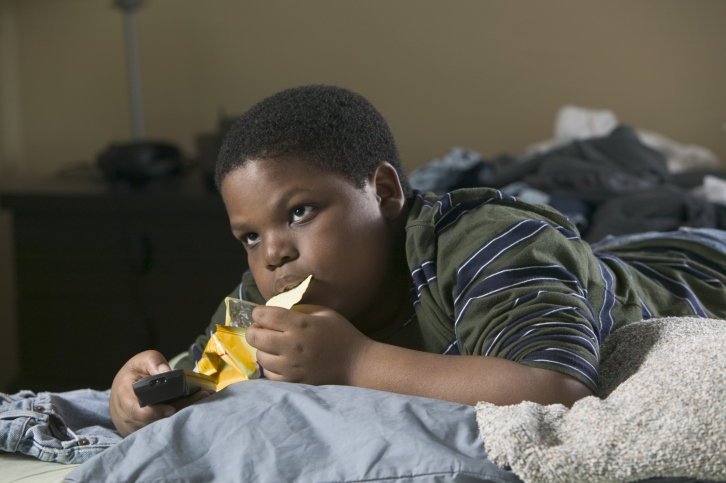 All the weight-related – though, seemingly harmless – teasing among family could drive your children to binge eating, experts say.
All the weight-related – though, seemingly harmless – teasing among family could drive your children to binge eating, experts say.
Jaclyn Saltzman, a doctoral researcher at the University of Illinois, recently found a link between weight teasing and childhood binge eating. Her discovery came after reviewing various studies on binge eating disorders in children, according to the Huffington Post.
YOU MAY ALSO LIKE: Blacks & Binge Eating: 5 Facts To Start The Conversation
“We know that weight teasing and critical comments about a child’s body can increase their risk for problems later,” Saltzman said. “However, every kid and family is different, and we think it’s less about what exactly is said, and more about the emotional tone and message that the child hears.”
Binge eating is among the most common eating disorders in the U.S., according to the National Eating Disorders Association (NEDA). Early signs of binge eating include episodes of eating large amounts of food and feeling shame or guilt afterwards.
Children as young as five years old can suffer from binge eating especially, according to Saltzman, if there is weight teasing or parental emotional unresponsiveness happening in the household.
What may seem like light jokes to adults may be perceived as body shaming to a child. Instead of judging what a child is eating or how much a child eats, it’s better to encourage better eating habits by letting your child help with grocery shopping or cooking healthy meals together.
“There is a lot more parents can do to create a culture in their home that doesn’t tolerate teasing, that focuses on positive body image and promoting joyful behaviors in the home like cooking or playing outside together,” U of I professor Janet M. Liechty said.
YOU MAY ALSO LIKE: How To Prevent A Binge Eating Relapse
If parents can set the tone for positive body image and eating in the home, it’s less likely that children will feel pressured or bullied by the rest of the world outside the home.
Saltzman added, “Parents do have a lot of responsibility, but they’re not immune to the societal influences on health behavior. We all need to take more responsibility for creating healthy environments for our children.”









